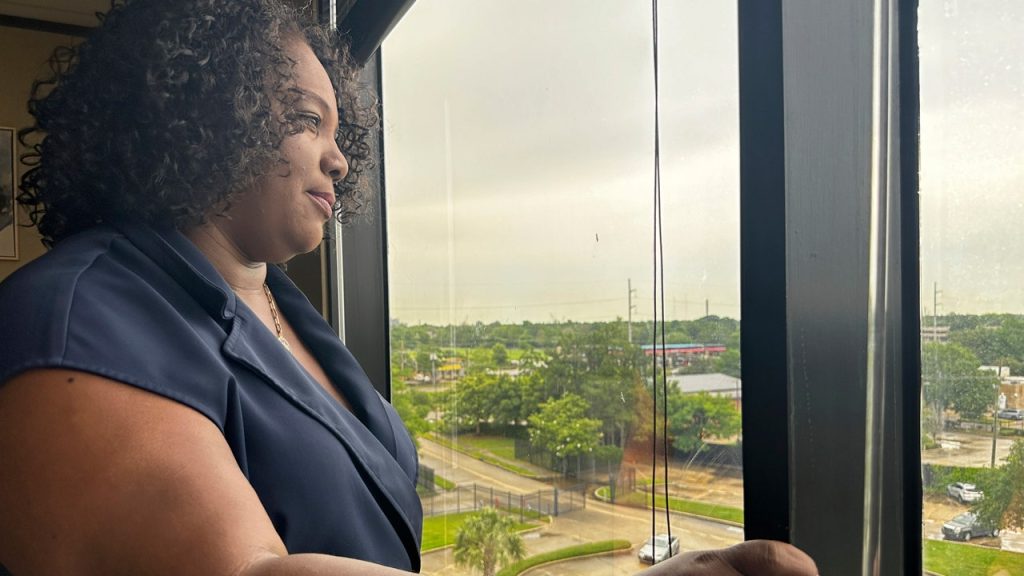Louisiana Rep. Delisha Boyd is pushing for an exemption to Louisiana’s strict abortion ban for pregnancies that are the result of rape and incest. This issue is not only morally important to Boyd but also personal. She publicly shared her own story, as her mother was a victim of statutory rape at the age of 15 and was forced to carry Boyd to term. Boyd believes that rape and incest survivors should have the right to decide their own fates, rather than being forced to carry the baby to term in a state with one of the country’s highest maternal mortality rates or travel to another state where abortion is legal. If the bill progresses, it will need to pass through both Republican-led chambers of the Legislature.
Boyd’s mother’s experience has had a lasting impact on her life, as she believes her mother died before her time due to the trauma of giving birth and raising a child as a teenager. Boyd acknowledges that her story is likely an exception to the rule, as many children of teen mothers often face challenges such as foster care, drug use, or involvement in criminal activity. Boyd does not believe that just because she turned out fine gives her the right to tell others what to do in their families. Since introducing the bill, Boyd has heard similar stories of other survivors, such as a 13-year-old who gave birth after being raped and a 9-year-old girl who became pregnant after a sexual assault.
Following the U.S. Supreme Court ruling overturning Roe v. Wade in 2022, Louisiana’s abortion law came into effect, banning abortion with exceptions only for cases where there is a substantial risk of death or impairment to the mother or in cases of “medically futile” pregnancies. In 2021, there were 7,444 reported abortions in Louisiana, with 27 obtained by people under the age of 15. Boyd is hoping to amend her bill to make rape and incest exceptions applicable only to those 17 and younger, in the hopes of advancing the measure to a debate before the full House.
Boyd faces challenges in Louisiana, a predominantly conservative state with strong opposition to abortions. Even some Democrats in the state are against abortion. By sharing her mother’s story, Boyd hopes to shed light on the struggles faced by pregnant rape and incest survivors and potentially change the minds of lawmakers who oppose the exemption. The committee will review Boyd’s bill on Tuesday, after a similar measure effectively died in the committee last year. Committee members decided to delay the hearing to allow Boyd time to make adjustments to the bill.
Boyd’s advocacy for exemptions for pregnancies resulting from rape and incest is driven by her personal experience and belief in the rights of survivors to make their own choices. By sharing her story, she hopes to bring awareness to the challenges faced by women in similar situations and potentially sway the opinions of lawmakers who are against such exemptions. The fight for these exemptions in Louisiana, a state deeply entrenched in the Bible Belt with a history of conservative views on abortion, is an uphill battle for Boyd, but she remains determined to push for change and give survivors a voice in deciding their own futures.













